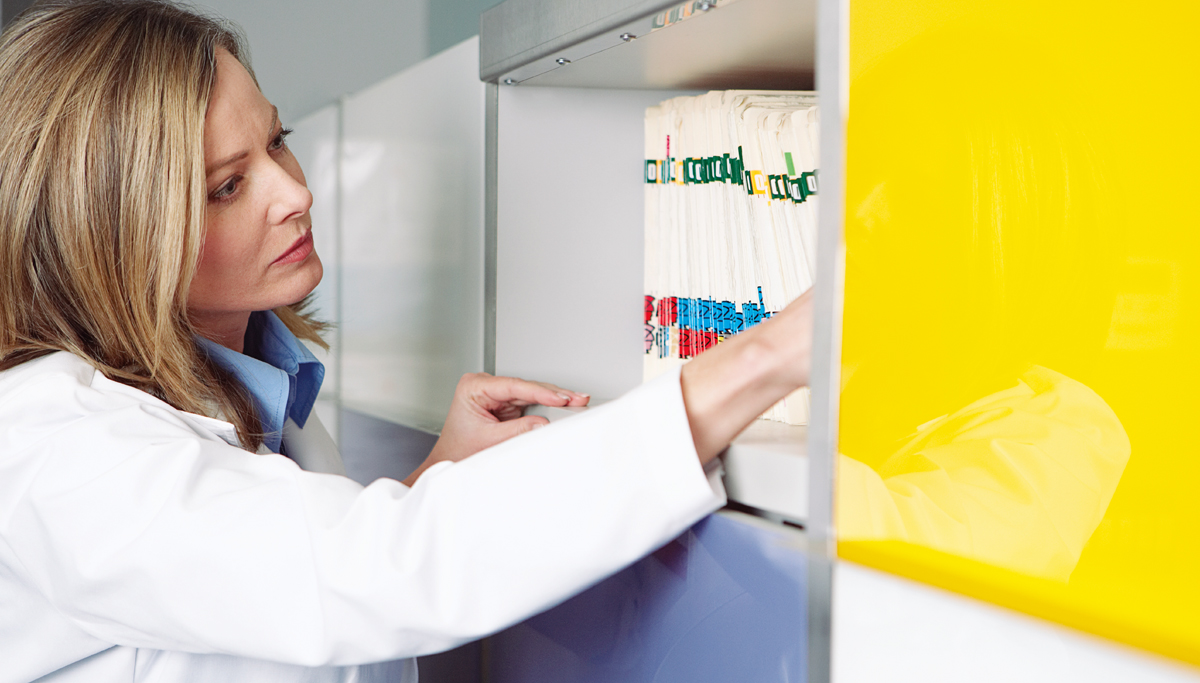What are toothpaste tablets?
Dental trend spotlight: toothpaste tablets
Is it time to trade in the tube?
Traditional toothpaste tubes are made from different types of plastics, often laminated with a metal layer, resulting in a big barrier to recycling. Tubes made of non-recyclable materials have been dumped into landfills for years, leading many consumers to begin looking for more sustainable options for cleaning their teeth. Enter: toothpaste tablets.
Toothpaste tablets are chewable, mint-sized tablets typically stored in reusable jars or recyclable packaging. The tablets are made from a toothpaste formula without the water — allowing it to be pressed into a pill-like form.
How do I use toothpaste tablets?
Toothpaste tablets may look like mints, but you don’t swallow them. To use toothpaste tablets, simply place one in your mouth and begin chewing. You can let your saliva naturally break it down into a paste or give it a boost with a sip of water. This can be especially helpful if you suffer from dry mouth.
Once it’s broken down into a paste-like texture, brush using a wet toothbrush for two minutes as you would with your regular toothpaste. Rinse, and you’re done!
What's in toothpaste tablets?
Toothpaste tablets have a similar ingredient base as traditional toothpaste from a tube (just without the water). Most commonly they’re derived from ingredients like xylitol (a natural sweetener that fights bacteria), calcium carbonate and sodium carbonate (baking soda).
It’s important to note that not all toothpaste tablets are cleared by the Food and Drug Administration (FDA) or American Dental Association (ADA) as a cavity-preventing product. So, when looking for a toothpaste tablet, make sure to look for toothpaste tablets that contain fluoride — the key ingredient to keeping your smile healthy.
What else should I know about toothpaste tablets?
Some of the advantages of toothpaste tablets include:
-

Toothpaste tablets can be formulated without water, so they can be made with little to no preservatives whatsoever — a key factor for those looking to make the all-natural switch. Preservatives, include sodium benzoate, methylparaben and ethylparabe, are often added to toothpastes to prevent the growth of microorganisms that can thrive in moist environments.
-

Toothpaste tablets are much “hardier” than traditional toothpaste. They’re not as likely to leave a mess in your suitcase if it’s handled roughly on a flight, and they’re easy to throw into a backpack to take camping, even if you end up having to brush outdoors without running water.
-

Toothpaste tablets are easy to access. No more contorted squeezing to get that last bit of toothpaste out of the tube. The last tablet is as easy to use as the first one.
One disadvantage is that toothpaste tablets tend to be more expensive than regular toothpaste, so that’s another factor to consider. But if you can afford them, toothpaste tablets can be a great way do your part in reducing your plastic footprint.
How can I buy toothpaste tablets?
You can find toothpaste tablets online and in most drugstores.
Look for tablets that come in packaging that tightly closes to lock out moisture to lengthen their shelf life after opening. And make sure to look for toothpaste tablets that contain fluoride.
The verdict
Toothpaste with fluoride is key to preventing cavities and keeping your smile healthy and clean. Talk to your dentist before switching to a toothpaste tablet to make sure it contains enough fluoride to properly fight cavities. If your major interest is in making a more eco-friendly, sustainable switch, consider swapping your plastic tube of toothpaste for a glass jar of tablets.
If you’re looking for may ways to go green with your oral health care, check out these tips for creating a more eco-friendly dental routine and curbing your carbon footprint.
What causes morning breath?
Knowing the causes can help you avoid bad breath when you wake up.
Does gum disease lead to breast cancer?
Every year, more than 250,000 people are diagnosed with breast cancer in the U.S. Did you know that gum disease may increase your risk?
What you should know about your dental records
Learn why you might need your dental records and which one you might need.








